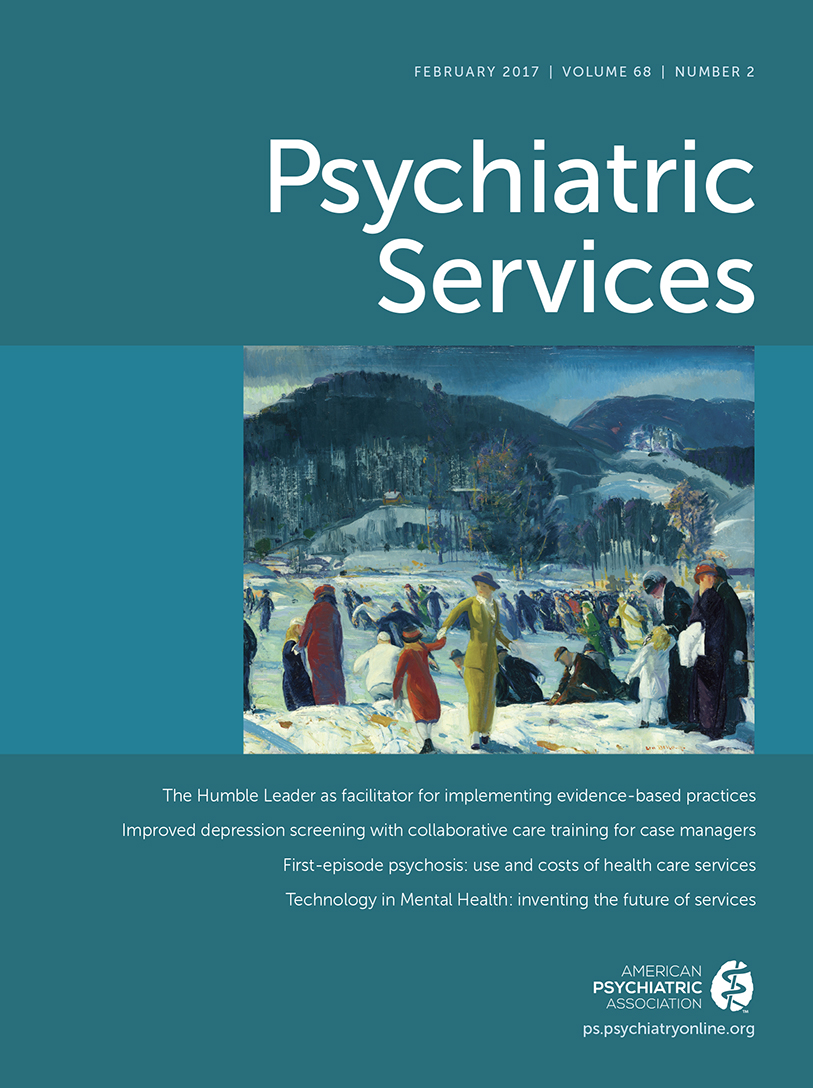An RCT of Effects of Telephone Care Management on Treatment Adherence and Clinical Outcomes Among Veterans With PTSD
Abstract
Objective:
This study assessed whether adding telephone care management to usual outpatient mental health care improved treatment attendance, medication compliance, and clinical outcomes of veterans with posttraumatic stress disorder (PTSD).
Methods:
In a multisite randomized controlled trial, 358 veterans were assigned to either usual outpatient mental health treatment (N=165) or usual care plus twice-a-month telephone care management (TCM) and support in the first three months of treatment (N=193). Treatment utilization and medication refills were determined from U.S. Department of Veterans Affairs administrative data. PTSD, depression, quality of life, aggressive behavior, and substance use were assessed with self-report questionnaires at intake, four months, and 12 months.
Results:
Telephone care managers reached 95% of TCM participants (N=182), completing an average 5.1 of 6.0 planned telephone calls. During the three-month intervention period, TCM participants completed 43% more mental health visits (M±SD=5.9±6.8) than did those in usual care (4.1±4.2) (incident rate ratio=1.36, χ2=6.56, df=1, p<.01). Treatment visits in the nine-month follow-up period and medication refills did not differ by condition. Only 9% of participants were scheduled to receive evidence-based psychotherapy. Slopes of improvement in PTSD, depression, alcohol misuse, drug problems, aggressive behavior, and quality of life did not differ by condition or treatment attendance.
Conclusions:
TCM improved PTSD patients’ treatment attendance but not their outcomes. TCM can enhance treatment engagement, but outcomes depend on the effectiveness of the treatments that patients receive.



